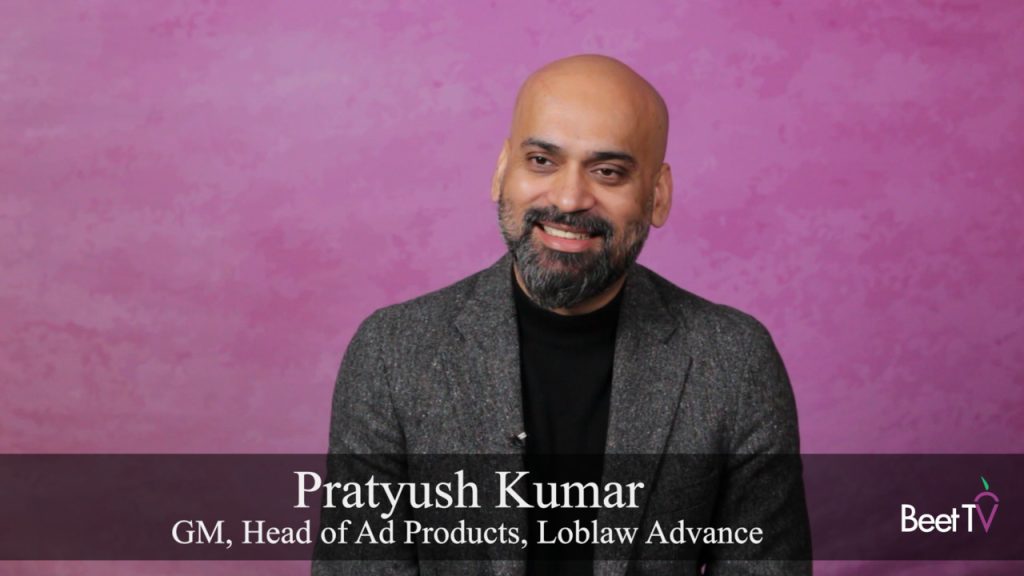How do you re-orient an entire industry to account for a radical new consumer viewpoint?
Piece by piece. That’s how Lauren Wetzel sees it.
In this video interview with Beet.TV, the North America president for ad-tech company InfoSum, explains how the new privacy imperative is driving brands and media players to delve deeper into data.
At the forefront
“The past handful of years, following really notable security breaches and very public misuse of data and data leakage, consumers just have a heightened awareness of a basic question, which is ‘what are you doing with my data?’,” Wetzel says.
“Privacy has to be at the forefront, just given that wave of consumer sentiment and heightened awareness.”
InfoSum’s software allows companies to connect up their customer data sources, including with those owned by other companies.
But Wetzel says privacy is key, even when enabling companies to share customer data.
Don’t lose control
“The moment that you actually send that data and you centralise it, not only is the privacy and security of that personal data at risk, but the data owner, whether that’s the brand or the media owner can actually lose control of the data,” she says.
“We at InfoSum empower companies to collaborate across that first party data, but without having to sacrifice that control.”
InfoSum allows those companies to join datasets without actually moving their data.
It is a capability now used by global companies like ITV, Channel 4, eBay, Experian and The Telegraph, all of which are building out their own data-driven consumer ad targeting capabilities and all of which are adapting to a world without rudimentary cookie targeting.
Growing performance
“Brands have been on a journey and shift to become more data centric companies for a while (and) have been investing in CRM or CDPs or DMPs,” says InfoSum’s Wetzel. “We help to enable those brands to collaborate.
She says brands want to better understand their own consumers, so have to make better meaning of scattered internal enterprise data, and some also want to partner up with other companies’ datasets.
Reasons, Wetzel says, could include richer consumer engagement with a brand and more relevant ad experiences driven by better knowing customer profiles.
“When you’re technology, and you’re not a data entity, I think that’s very important so you can be objective and neutral and agnostic to the solutions,” Wetzel adds.
“What we’ve seen is first party data leads to better performance. Activation of first-party data can drive more subscribers, higher awareness. (We’ll see) more performance advertising.”














































